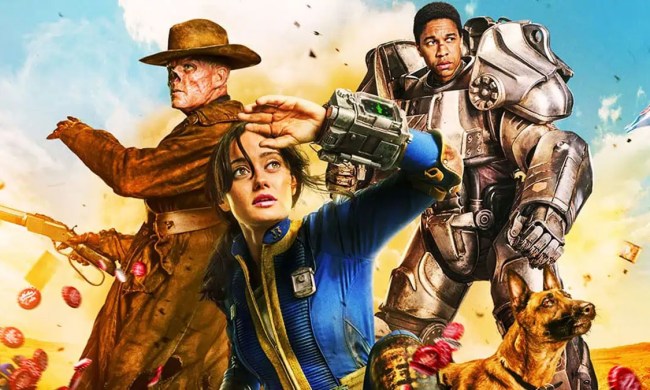The video game industry scored massive revenue gains during the second quarter and there are signs its earnings will continue to soar for the foreseeable future.
American consumers spent $11.6 billion on video game hardware, software, and accessories during the second quarter, a gain of 30% compared to the same period last year, market researcher NPD reported on Monday, August 10. The spending also topped the $10.9 billion Americans spent in the first quarter of 2020.
During the period, players spent $10.2 billion on “video game content,” which includes both video game sales, as well as downloadable content in digital marketplaces. The researcher said all three game consoles — Nintendo Switch, Sony’s PlayStation 4, and Microsoft’s Xbox One — saw sales jump 57% year-over-year to $848 million. Sales of accessories, including gamepads, steering wheels, and headsets, spiked by 50% to $584 million.
NPD didn’t provide unit sales data but said that Animal Crossing: New Horizons Call of Duty: Modern Warfare The Last of Us: Part II
While the video game industry has grown steadily over the years, its second-quarter performance was primarily driven by the pandemic and people being stuck at home with little else to do. Indeed, NPD said the industry expanded last quarter with help from both veteran gamers who are playing more and new players who just started playing games.
“Today, we have more video game players playing for more hours, while spending more in the process,” NPD analyst Mat Piscatella said in a statement. “During the pandemic, many have turned to video games not only to keep them preoccupied, but also to stay in touch with family and friends. This has resulted in an acceleration of what were already established trends towards heightened video game player engagement.”
NPD expects similarly impressive sales figures for the third quarter and beyond. With the pandemic showing no signs of abating, people increasingly turning to games, and a new console generation just months away, the future looks bright for the industry.
“I don’t see any signs of this slowing down,” said Piscatella.


